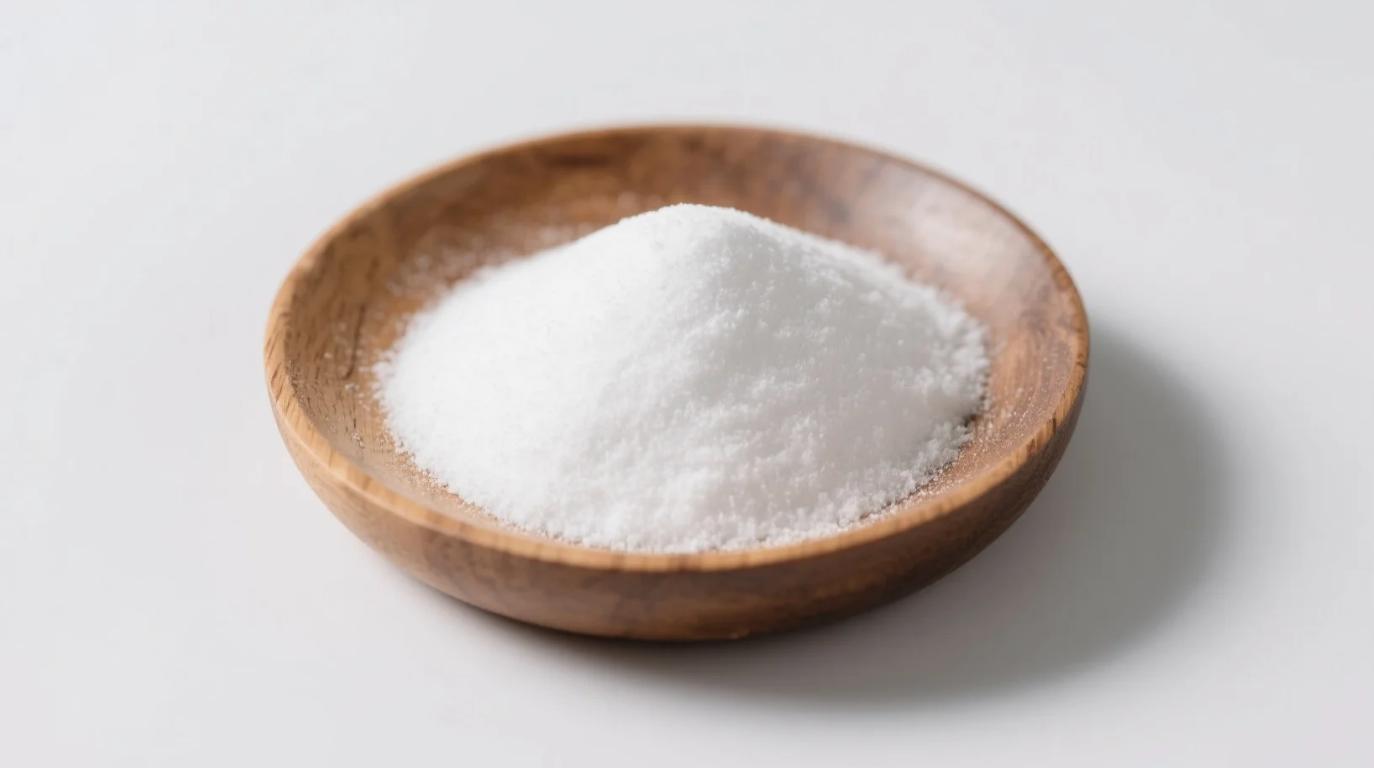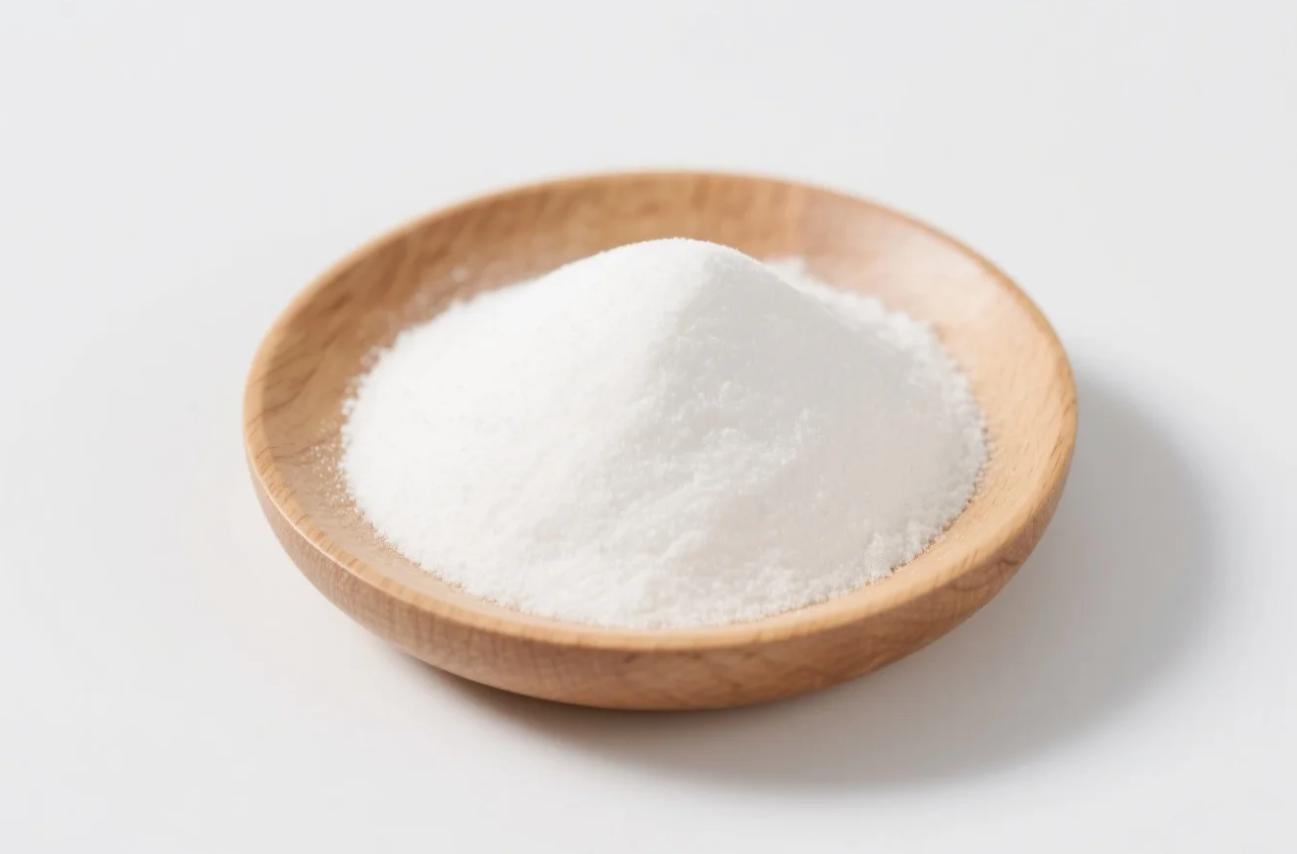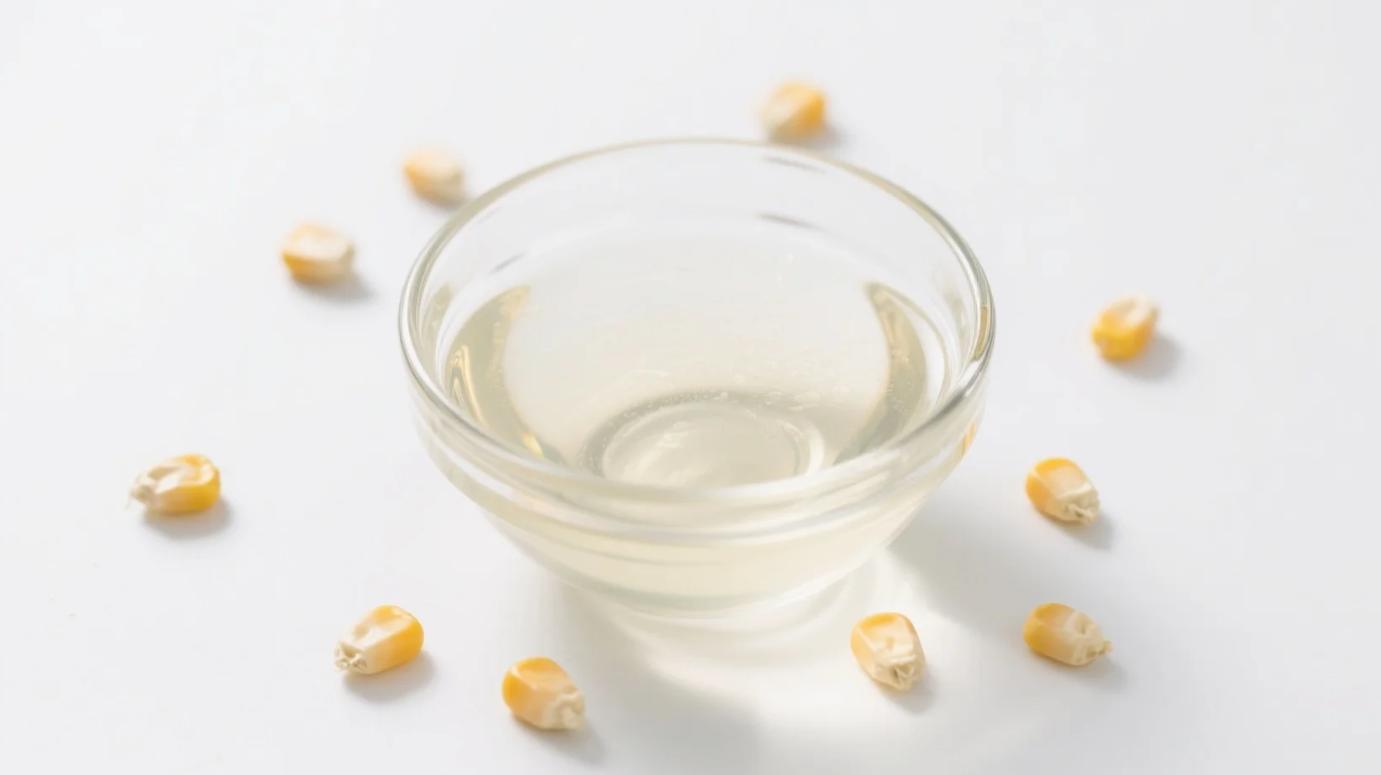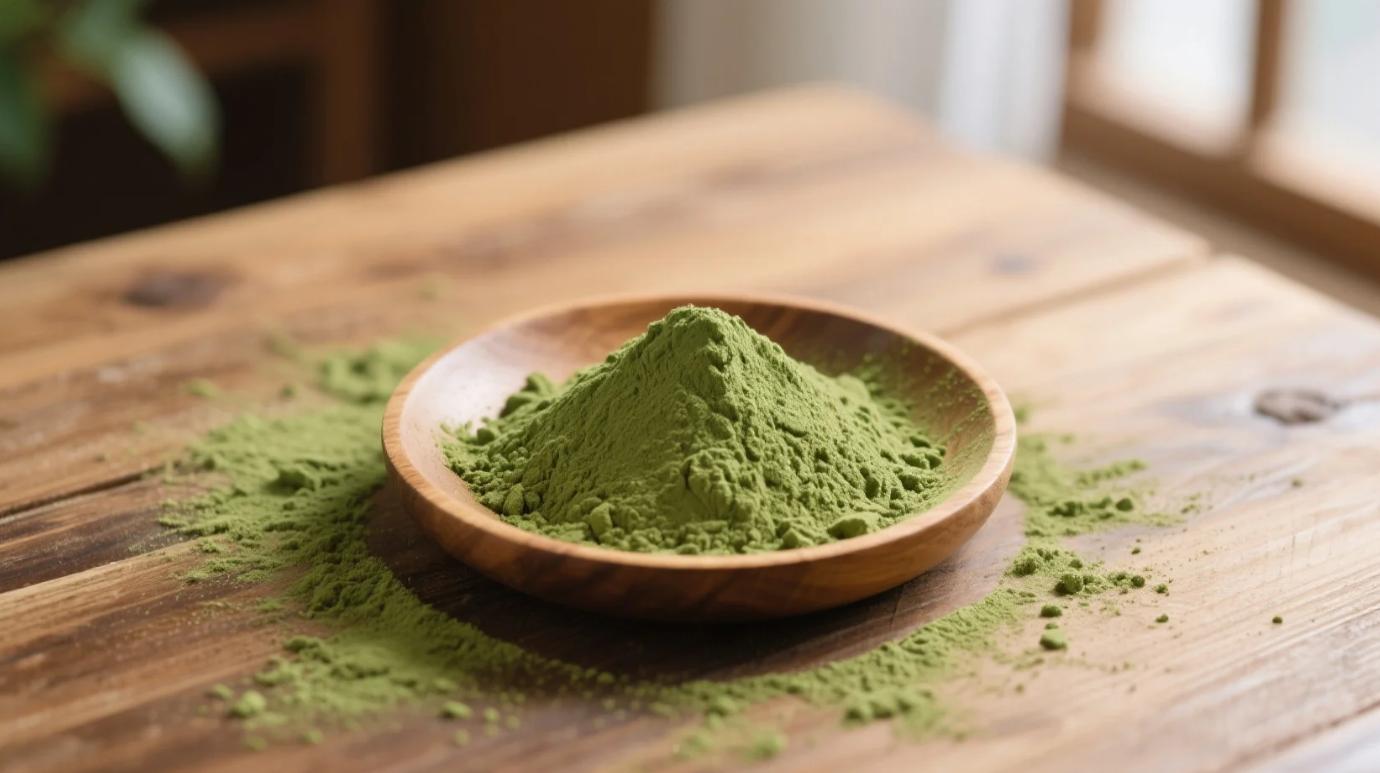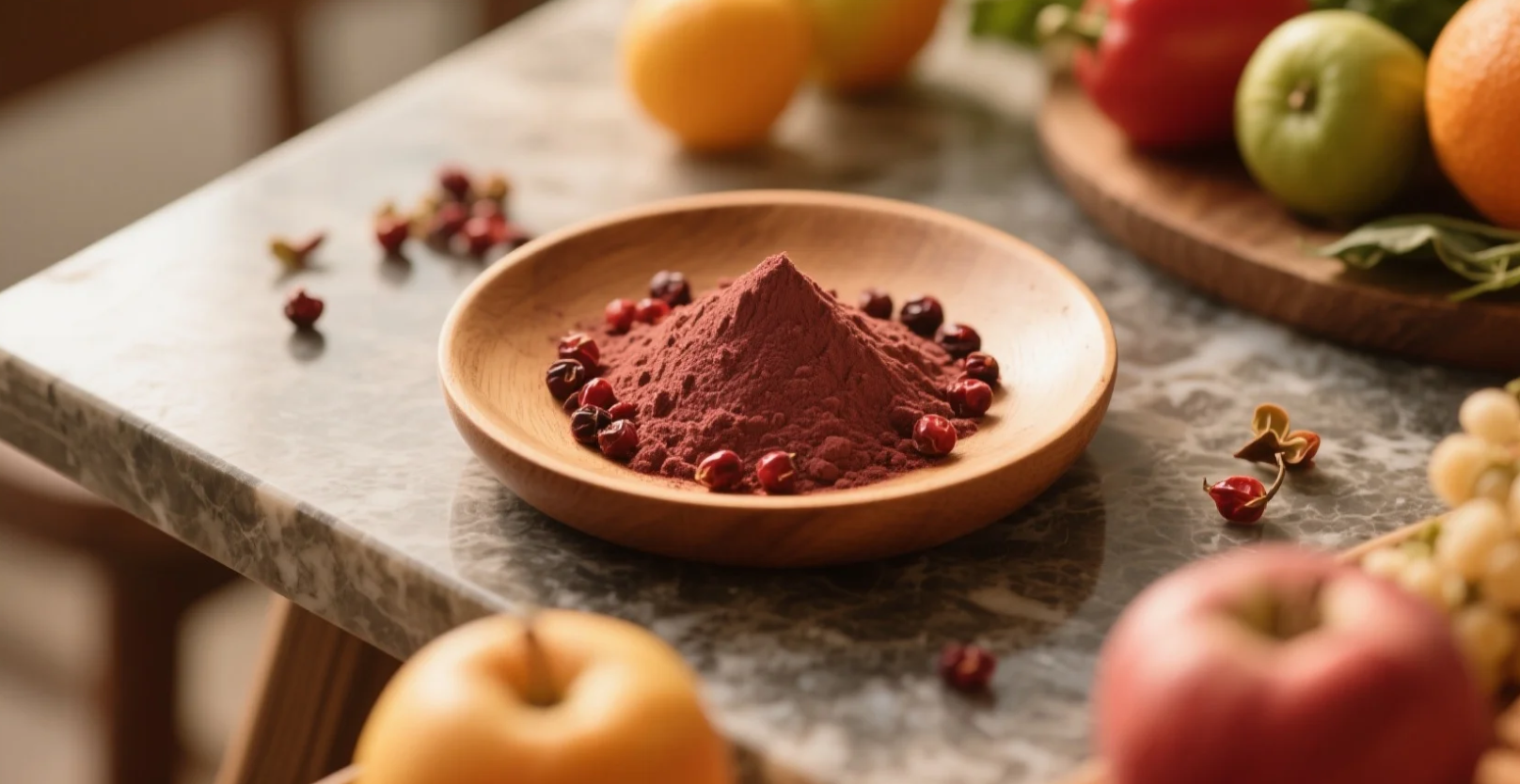Table of Contents
Onion powder is a kitchen staple loved for its savory depth, but even this humble seasoning has potential downsides. While organic onion powder minimizes certain risks, understanding its side effects is key to enjoying its flavor and health perks safely. Let’s peel back the layers of science, compare organic and non-organic options, and learn who should tread carefully.
Common Side Effects of Onion Powder
1. Digestive Distress
- Bloating & Gas: Onions contain fructans, a FODMAP fiber that ferments in the gut, triggering IBS symptoms.
- Acid Reflux: May relax the lower esophageal sphincter, worsening heartburn (especially in large doses).
2. Allergic Reactions
- Oral Allergy Syndrome (OAS): Itchy mouth/throat in those allergic to birch pollen or garlic.
- Skin Irritation: Handling powder may cause contact dermatitis (redness, rash).
3. Blood Thinning
- Risk: Onions’ quercetin and sulfur compounds may enhance anticoagulants (warfarin, aspirin), increasing bruising/bleeding risk.
4. Blood Sugar Swings
- Concern: May lower blood sugar excessively when combined with diabetes medications.
5. Pet Toxicity
- Danger for Dogs/Cats: Onions contain thiosulfates, which damage red blood cells (avoid sprinkling near pets!).
Organic vs. Regular Onion Powder: Risk Comparison
| Factor | Organic Onion Powder | Regular Onion Powder |
|---|---|---|
| Pesticide Residues | None (certified organic farming) | May contain chlorpyrifos or glyphosate, linked to neurological issues |
| Additives | No anti-caking agents or sulfites | Often includes silicon dioxide or preservatives |
| Heavy Metals | Soil-tested for lead/arsenic | Higher contamination risk (non-organic soil) |
| Allergy Triggers | Pure onion; no cross-contact | May contain traces of gluten, soy from processing |
Who Should Avoid Onion Powder?
- FODMAP-Sensitive Individuals: IBS, Crohn’s, or colitis sufferers.
- GERD/Acid Reflux Patients: Opt for low-FODMAP herbs like chives.
- Pregnant Women: May worsen morning sickness or heartburn.
- Pre-Surgery Patients: Stop use 2 weeks before procedures to avoid bleeding risks.
How to Use Onion Powder Safely
- Start Small: ¼ tsp daily, gradually increasing to 1 tsp max.
- Pair with Probiotics: Counteract FODMAP issues by taking with kefir or sauerkraut.
- Cook Thoroughly: Heat reduces irritants like thiosulfinates.
- Organic First: Choose certified organic onion powder to avoid pesticide-related side effects.
Mitigating Side Effects: Alternatives & Fixes
- FODMAP-Friendly Swap: Use garlic-infused oil (fructans removed).
- Allergy Workaround: Try asafoetida (hing) for onion-like flavor.
- Blood Thinner Users: Replace with parsley or celery powder.
Why “Organic” Reduces Risks
Non-organic onions rank #43 on EWG’s pesticide list, with residues like imidacloprid (linked to hormone disruption). Organic onion powder ensures:
✅ No neurotoxic pesticides
✅ No artificial anti-caking agents
✅ Cleaner flavor without chemical aftertaste
FAQs
Q: Can onion powder cause headaches?
A: Rarely, but sulfites in non-organic powders may trigger migraines in sensitive people.
Q: Does cooking eliminate side effects?
A: No—heat reduces but doesn’t remove FODMAPs or allergens.
Q: Shelf life?
A: 3–4 years (organic lasts longer due to no additives).
Q: Safe for babies?
A: Avoid until 1 year old; may irritate delicate guts.
The Bottom Line
While organic onion powder is safer and cleaner than conventional, it’s not risk-free. By respecting dosage, opting for organic, and tailoring use to your health needs, you can savor its umami punch without regrets.
Sprinkle Smart, Live Well
Embrace certified organic onion powder—where flavor meets mindful consumption. Whether you’re seasoning soups, marinades, or dips, let knowledge guide your spice rack choices.
Because good health starts with informed flavor.
You might also like
Organic Dextrose Powder
A simple, naturally derived sugar from organic corn starch, offering clean sweetness, rapid energy, and…
Organic Maltodextrin Powder
Organic maltodextrin with DE 8–20 range, neutral taste, high solubility, and multiple functional uses.
Organic Glucose Syrup
A pure, viscous liquid sweetener derived from organic corn starch, offering balanced sweetness, excellent body,…
